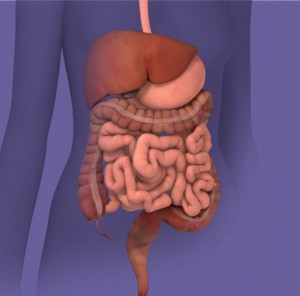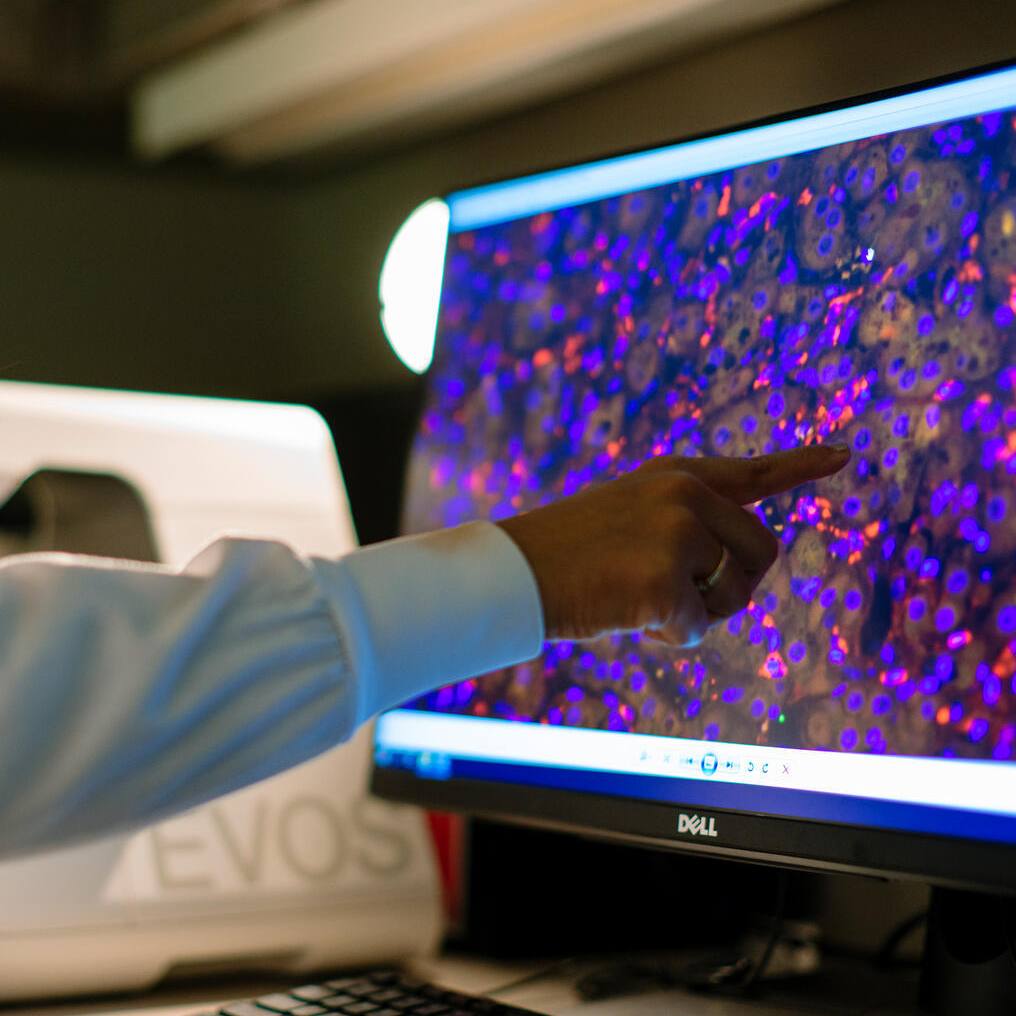-

Mayo Clinic Researchers Find Genetic Clue to Irritable Bowel Syndrome
 ROCHESTER, Minn. — March 20, 2014 — Is irritable bowel syndrome (IBS) caused by genetics, diet, past trauma, anxiety? All are thought to play a role, but now, for the first time, researchers have reported a defined genetic defect that causes a subset of IBS. The research was published in the journal Gastroenterology.
ROCHESTER, Minn. — March 20, 2014 — Is irritable bowel syndrome (IBS) caused by genetics, diet, past trauma, anxiety? All are thought to play a role, but now, for the first time, researchers have reported a defined genetic defect that causes a subset of IBS. The research was published in the journal Gastroenterology.
Researchers estimate that approximately 15 to 20 percent of the Western world has IBS. It is a common disorder that affects the large intestine. Most patients with the disorder commonly experience symptoms of cramping, abdominal pain, bloating gas, diarrhea and constipation. Most treatments for IBS target these symptoms.
Researchers found that patients with a subset of IBS have a specific genetic defect, a mutation of the SCN5A gene. This defect causes patients to have a disruption in bowel function, by affecting the Nav1.5 channel, a sodium channel in the gastrointestinal smooth muscle and pacemaker cells.
The research is in early stages, but the results of this study give researchers hope of finding therapies for these patients.
“This gives us hope that from only treating symptoms of the disease, we can now work to find disease-modifying agents, which is where we really want to be to affect long-term treatment of IBS,” says Gianrico Farrugia, M.D., a study author, Mayo Clinic gastroenterologist and director of the Mayo Clinic Center for Individualized Medicine.
Researchers studied the sodium channel of 584 people with IBS and 1,380 control subjects. The analysis demonstrated that a defect in the SCN5A gene was found in 2.2 percent of IBS patients. The results were confirmed in a genome-wide association study and replicated in 1,745 patients in four independent cohorts of patients with IBS and control subjects.
Additionally, researchers were able to restore function to a patient with constipation predominant IBS with a defective SCN5A gene and resulting abnormally functioning sodium channel. Researchers used a drug called mexiletine, which restored the function of the channel and reversed the patient’s symptoms of constipation and abdominal pain.
This study also included researchers from the Karolinska Institutet in Stockholm, and others in Italy and Greece.
###
About Mayo Clinic
Recognizing 150 years of serving humanity in 2014, Mayo Clinic is a nonprofit worldwide leader in medical care, research and education for people from all walks of life. For more information, visit 150years.mayoclinic.org, www.mayoclinic.org and newsnetwork.mayoclinic.org.
MEDIA CONTACT:
Brian Kilen, Mayo Clinic Public Affairs, 507-284-5005, newsbureau@mayo.edu







